The Federal Government said on Wednesday it disagreed with the Brookings Report on Nigeria as the new global headquarters of poverty as it now has the highest number of poor persons in the world.
It argued that the indices used for the report may have been complied when Nigeria was in recession.
Findings by the Brookings Institution, a nonprofit public policy organization based in Washington, DC, America, published a week ago indicated that Nigeria has overtaken India as the country with the largest number of extreme poor in early 2018.
“At the end of May 2018, our trajectories suggest that Nigeria had about 87 million people in extreme poverty compared with India’s 73 million. What is more, extreme poverty in Nigeria is growing by six people every minute, while poverty in India continues to fall”, Brookings Institution stated.
But responding to questions from State House correspondents on the report, Minister of Trade and Investments, Okechukwu Enelamah, notes that the indices used for the report may have been complied when Nigeria was in recession.
He described the report as nothing to worry about because the current administration’s urgent infrastructure programmes and enabling environment for businesses will make poverty in the country disappear.
His words: “I think first, we need to understand when we get these reports that there are reports that are lagging in indicators which means, people are reporting on history. There are reports that are leading indicators which means that they are forward looking and of course, there reports that capture generally what you do which is current. They are actually dealing with what is current. So, when you get reports from Brooking institute or all sorts of people, you need to look at the context. Somebody may have written a report when we were in recession.
“Remember that if you are in a recession, what it means is that even though, your population is growing, people don’t stop procreating, your growth fact, which means that in theory depending on how they run those numbers, you will be going the other way. There is absolutely no question that there an urgency to create employment in Nigeria. And it has to be a collective responsibility. What I can tell you, with certainty based on ones background in business and economics, is that if we complete the things on infrastructure and you implement these reports we are doing, that is what I mean by a leading indicator, poverty will go down. There is no magic to it. But you have to do it first, you have put in the infrastructure, you have to implement the economic programme which is what will create the opportunities, they don’t drop from the sky.
“So, I think we should roll up our sleeves as a people and do the work because, if we don’t do it, our people continue to bear children obviously, they would get poorer. So, I don’t think we should kill ourselves that poverty is something just happen. I think it comes out of the urgent need we have as a country which is why we are focusing as a government to make sure that we create the enabling environment, the infrastructure that are required to create opportunities for our people and I believe that will happen in the process of time.”









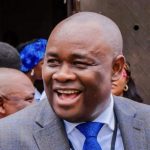


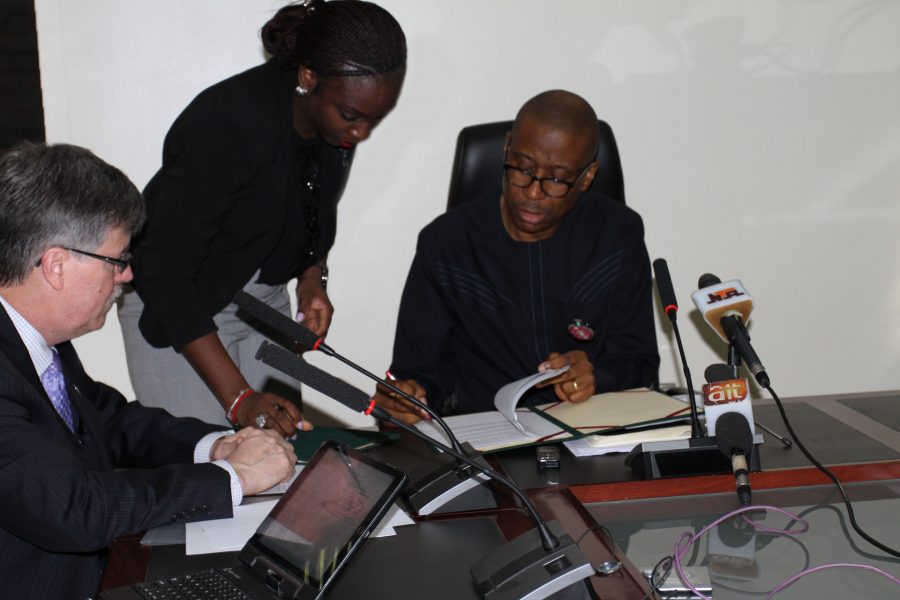


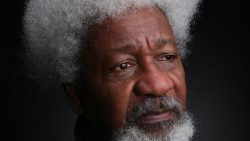





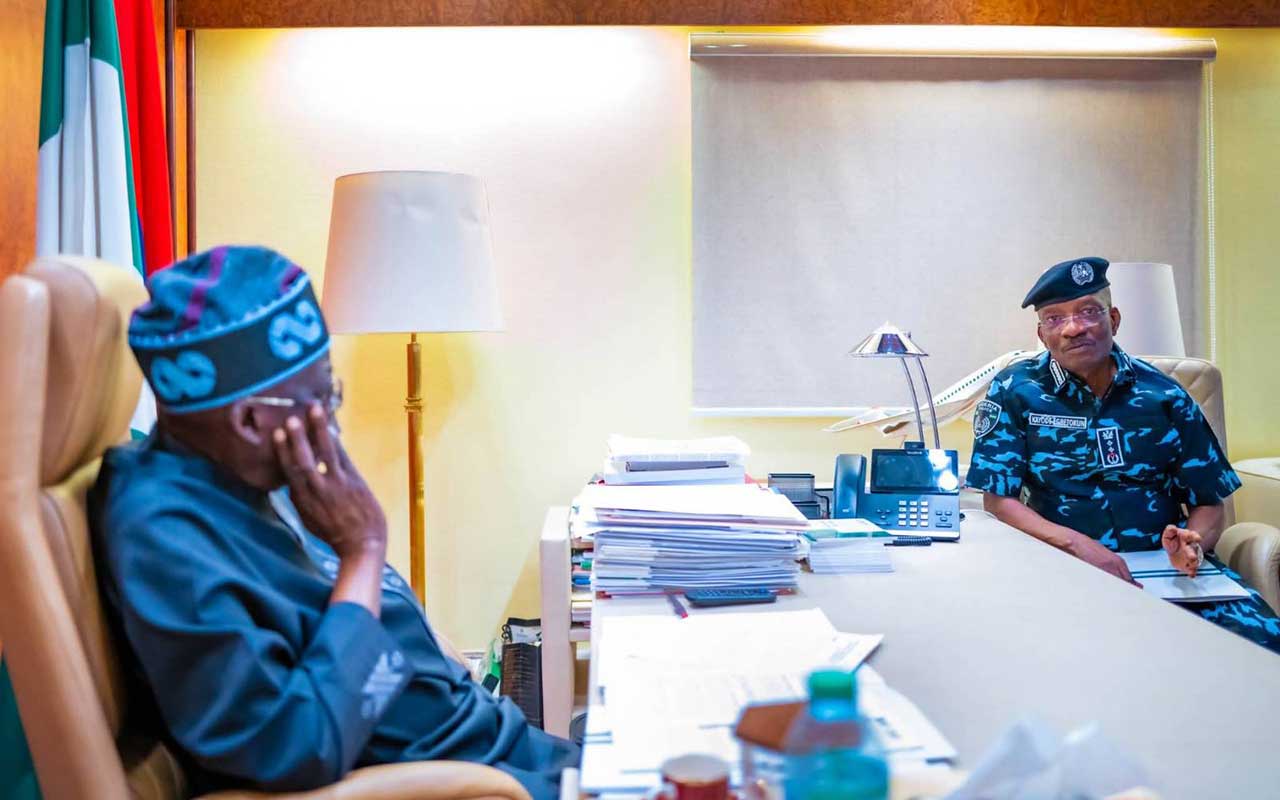
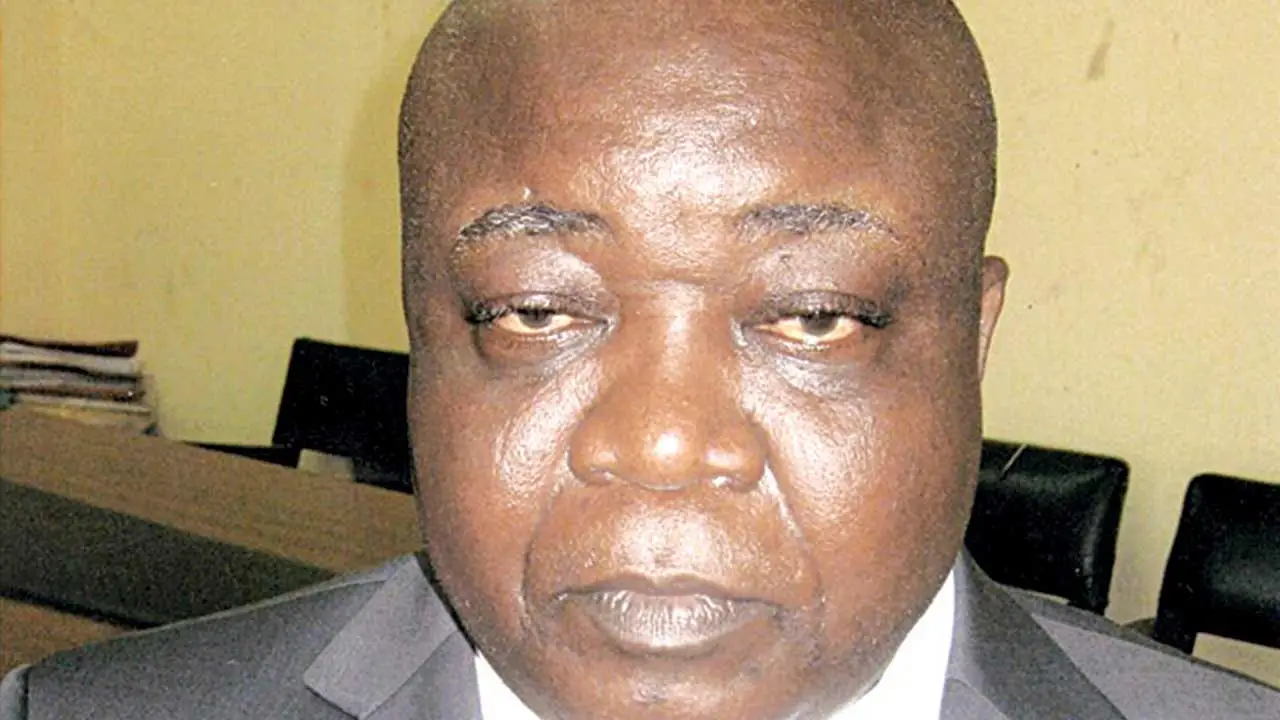
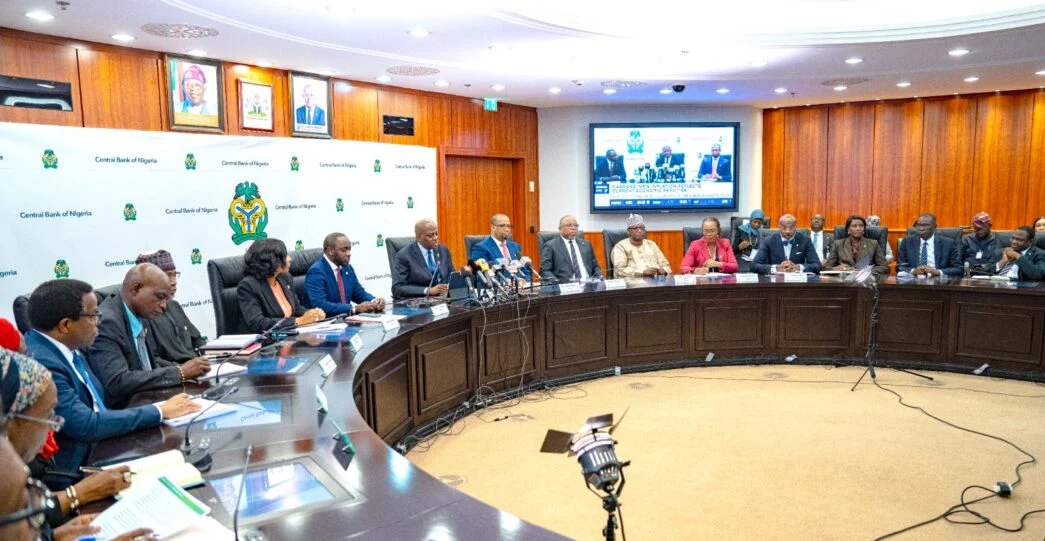
Leave a comment